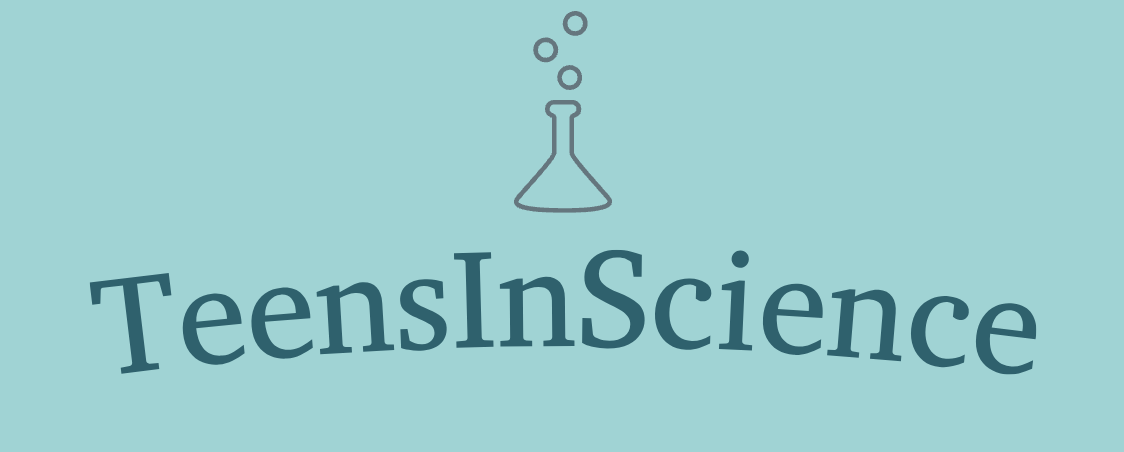The Importance Of Mental Health In Studying
This article will explore what excessive studying does to mental health, how to improve it, and why it is causing your studying to worsen.
Date Published: 8/1/24
Introduction
School is more stressful than ever, and it is understandable that students can be stressed out. However, constant studying has diminished many students' mental health to receive an A grade on an assignment. Students often refuse to hang out with friends or spend time with their family to study, which significantly affects their social life.
Studying science-related subjects can be intellectually stimulating and rewarding, but for many teens, the pressure to excel in these fields can take a toll on their mental health. Excessive studying, whether driven by academic competition, parental expectations, or personal ambition, can lead to stress, anxiety, and burnout among students.
The Mental Health Impact
Science-related subjects often require intense focus, problem-solving skills, and long study hours, especially when preparing for exams. Additionally, memorization is one of the critical aspects of studying a science-related class. However, when learning becomes excessive and overwhelming, it can lead to terrible mental health.
The stress and anxiety from studying will significantly hurt mental health. The constant pressure to perform well can trigger anxiety about grades, prospects, and meeting expectations. This forces students to think that if they receive one lousy grade, their life is over, which is untrue.
Another related issue is burnout. Burnout is a symptom resulting from chronic workplace stress that has not been successfully managed. It used to be prevalent only in adults, but as time has passed, teens have begun to experience it as well. Long periods of intense studying without adequate breaks will lead to burnout.
Another effect of constant studying is poor sleep patterns. Overstudying can disrupt sleep patterns, leading to insomnia. Many students will pull all-nighters, thinking this will help them during class. However, lack of sleep will hurt students during an assessment. Additionally, lack of sleep contributes to decreased extracurricular involvement because of over-exhaustion. Things like sports and clubs become chores rather than times to have fun.
How to Improve Mental Health
Although we all want excellent grades on our assignments, knowing where to draw the line in studying is essential. To combat the adverse effects of excessive studying for science, teens can implement strategies to prioritize mental well-being alongside academic success.
One way teens can do this is by establishing healthy study habits. This can be done by creating a balanced study schedule that includes regular breaks, physical activity, and sufficient rest. Taking a break every hour for 15 minutes will significantly improve mental health. During these breaks, it is recommended that you go outside and spend time with your peers!
Another way to improve mental health in studying is to practice mindfulness. This can be done by incorporating mindfulness techniques like deep breathing or meditation to manage stress and improve focus. This can be done before/after studying or during a break.
Lastly, if it seems that you are unable to improve your mental health, it is best to seek support. Talking to your parents, teachers, or school counselors about academic concerns and mental health issues is recommended. Professional guidance can provide valuable resources and coping strategies.
The Paradox of Over Studying
Many students believe that if they study for hours, they will receive an excellent grade on their assignments. Ironically, excessive studying can sometimes lead to diminishing returns in academic performance. If you study so much and become too tired, it will actually hurt your academic performance. Students who neglect self-care and become overwhelmed by study demands may experience adverse symptoms.
A few negative symptoms of over-studying include diminished cognitive function, leading to fatigue and stress, which will impair memory, concentration, and problem-solving abilities. This is related to reduced motivation, which causes students to lack enthusiasm for learning and other activities.
Lastly, if this problem continues, physical health issues can begin to arise. Neglecting physical health due to excessive study can lead to various health problems, further impacting academic performance. Therefore, it is best to take breaks when your body tells you to stop!
Conclusion
To conclude, striving for excellence in science-related classes is understandable and feels great. Teens must prioritize their mental health and well-being. Students can achieve academic success without compromising their mental resilience by adopting healthy study habits, seeking support when needed, and recognizing the pitfalls of overstudying. A healthy mind is the foundation for a successful academic journey in science and beyond!
Works Cited
American Psychological Association. "Stress in America: Generation Z." APA, 2019, www.apa.org/news/press/releases/stress/2018/stress-gen-z.pdf.
Harvard Health Publishing. "Relieving Stress With Exercise." Harvard Health Publishing, 2021, www.health.harvard.edu/stress/relieving-stress-with-exercise.
Journal of Experimental Education. "Balancing Study and Well-being: The Importance of Time Management." Taylor & Francis Online, 2018, www.tandfonline.com/doi/full/10.1080/00220973.2017.1324444.
